TEHRAN(Bazaar) – William O. Beeman, Professor Emeritus of University of Minnesota, says Iran has adjusted to the economic embargo in various ways.
He adds: “Oman has successfully mediated between Iran and the United States in the past, and it liked being in this position.”
Following is the text of the Bazaar interview with Professor William O. Beeman.
Q: Robert Malley recently said that his duty is to protect the interests of America and not to issue an obituary notice. Based on this, he announced that the JCPOA is not dead yet. These words seem to be a reaction to Biden's argument about the “death of the JCPOA”. What is your assessment?
A: Robert Malley's portfolio is to serve as the principal negotiator for the JCPOA. He cannot declare it "dead" under these circumstances until he is directed to close down talks, which has not happened. I am impressed with him. I believe he is an “honest broker” and I believe he take the task of reaching an agreement seriously, separating the negotiation task from other political considerations (unrest in Iran, Netanyahu coming to power, U.S. concerns about Iranian cooperation with Russian in Ukraine, human rights). This is not to say that he will succeed. Even if he is successful in hammering out an agreement with Iran, current events may make it impossible for the United States or Iran to move forward. It is with these understandings that Malley stays focused on the JCPOA negotiations themselves.
Q: Josep Borrell and Hossein Amirabdollahian have also recently held consultations to start nuclear negotiations. Iran's foreign minister has also visited Oman. It seems that consultations are underway to start negotiations. Do you think the negotiations will start soon?
A: Everyone seems to want to be a mediator between the United States and Iran. Borrell wants to mediate. Oman wants to mediate. The problem here is that no one is publicly engaging the United States in these talks. Until the United States is committed to restarting/continuing the JCPOA talks, it will not happen.
Q: Christofer Burger, the spokeswoman of the German Foreign Ministry, recently announced that there is no reason to start JCPOA negotiations at this moment. What is your assessment of her words while we are witnessing a consultation between Borrell and Amirabdallahian to prepare the ground for the beginning of negotiations?
A: Christofer Burger reflects the views of many. First, the only reason the JCPOA talks should go forward from the perspective of the United States and its European partners is to prevent Iran from acquiring a nuclear weapon. I believe I have been saying for the past 17 years that Iran has no nuclear weapons program. People like Netanyahu have been saying "Iran is (one month, two months, three months . . . ) away from having a nuclear weapon since 1990. No nuclear weapon has ever appeared, and none seems likely. Burger reflects the growing realization that this is actually the case--Iran poses no nuclear danger. Of course, this eliminates Iran's leverage in the negotiation if no one thinks Iran will build a nuclear bomb. On the other hand, Iran has adjusted to the economic embargo in various ways. It violates the sanctions regularly by selling oil on the international market either directly (to China, for example), or throughout intermediaries. So where is the interest on either side for renewing the JCPOA, many provisions of which are going to expire relatively soon. Then added to this is the international perception that if sanctions are lifted the resulting income will simply be misused by the Iranian government, or by Iranian officials. My personal belief is that restoring normal Iranian trade will benefit not just Iran but many nations. Nevertheless, the criticism that the United States would be propping up Iran's government if the JCPOA were renewed is widespread, and not just outside of Iran. People in Iran also are saying this.
Q: It seems that Oman is once again trying to create an understanding between Iran and the United States regarding nuclear negotiations. Meanwhile, other countries such as Qatar have also made continuous efforts in this regard. How do you evaluate the role of Oman in this regard?
A: Oman has successfully mediated between Iran and the United States in the past, and it liked being in this position. It lent prestige and status to the Omani government and nation. They would like to do this again. Qatar has a very strong interest in seeing relations between Iran and the United States normalized. As is widely known, Qatar and Iran share the largest natural gas field in the world (South Pars), and the sanctions against Iran greatly inhibit the development of these resources. Additionally, Qatar hosts the American military, and this is an uncomfortable situation for them. Other Gulf countries have sanctioned Qatar for its relations with Iran. Mediating the U.S. and Iran would solve some large problems for Qatar. So, I expect both of these nations to stand ready to promote diplomacy. It is good for them both.
Q: Abolfazl Amoui, the spokesman for the National Security and Foreign Policy Commission of the Iranian parliament, has said: reaching an agreement is not far because there is one issue and a few phrases left in the text of the agreement. One of these cases is the discussion of cooperation between Iran and the International Atomic Energy Agency. What is your assessment of his words?
A: The relations between Iran and the IAEA have been contentious for the past 17 years. They continue to be contentious. It is very tiresome. In my view Iran has little or nothing to hide from the IAEA, which is an inspections agency, not an enforcement agency. Iran has no nuclear weapons program, and allowing IAEA inspections to the level of the Additional Protocols of the Nuclear Non-Proliferation Treaty (NPT), which all other NPT signatory nations have agreed to, would be in Iran's benefit. I fully understand Iran's reluctance to allow broad-based inspections of non-nuclear identified sites; it is a matter of national sovereignty. But Iran could put forth this good-faith effort, and it would move the JCPOA negotiations forward. In my opinion, Iran should do this.








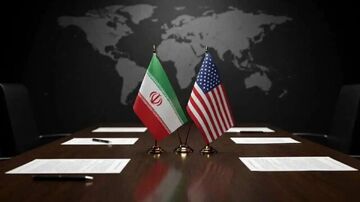
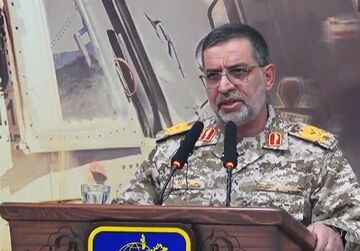
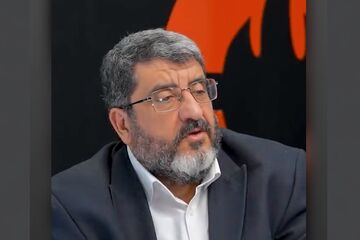

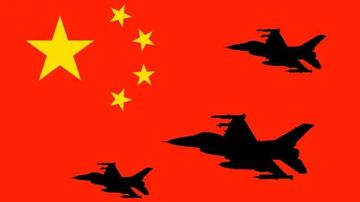

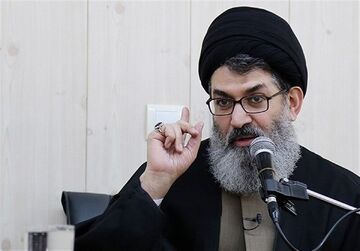

نظر شما